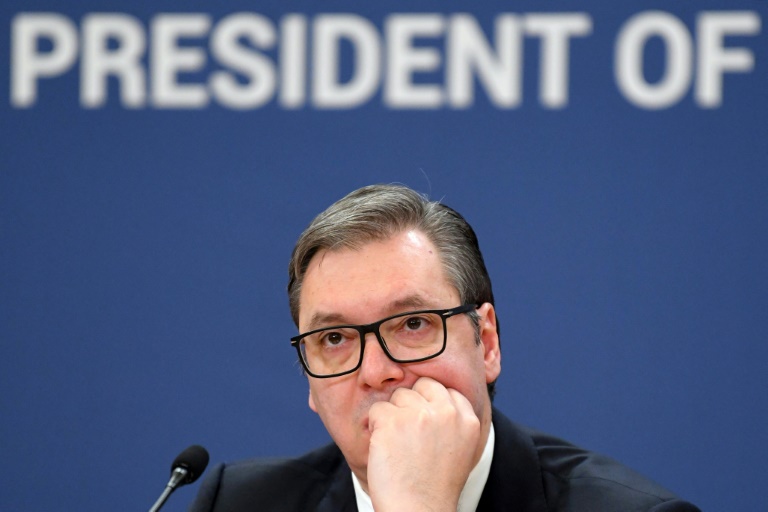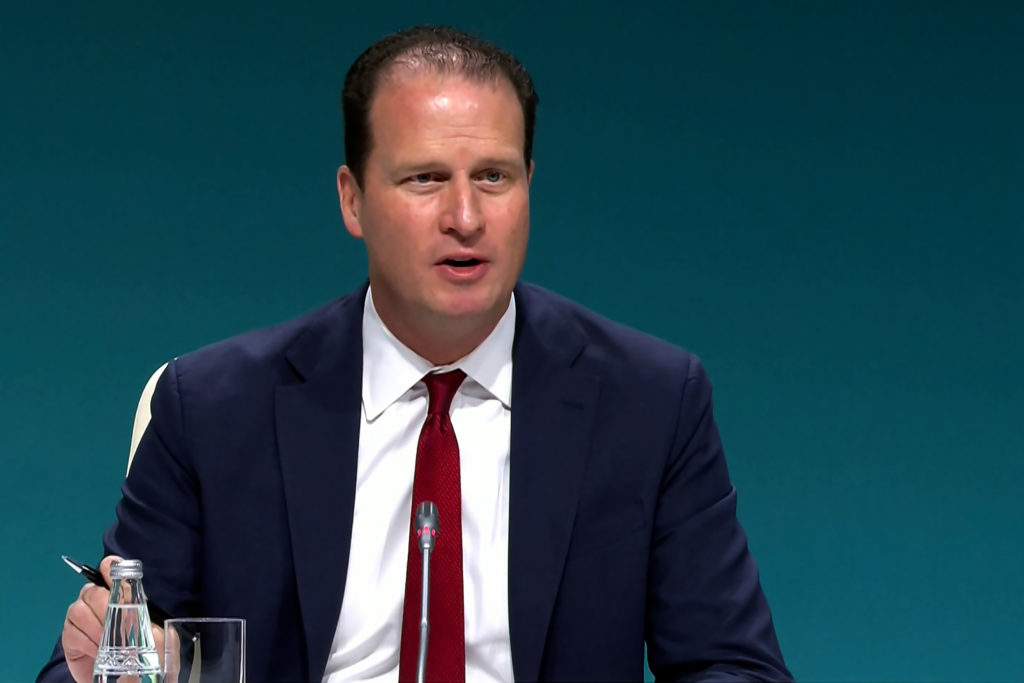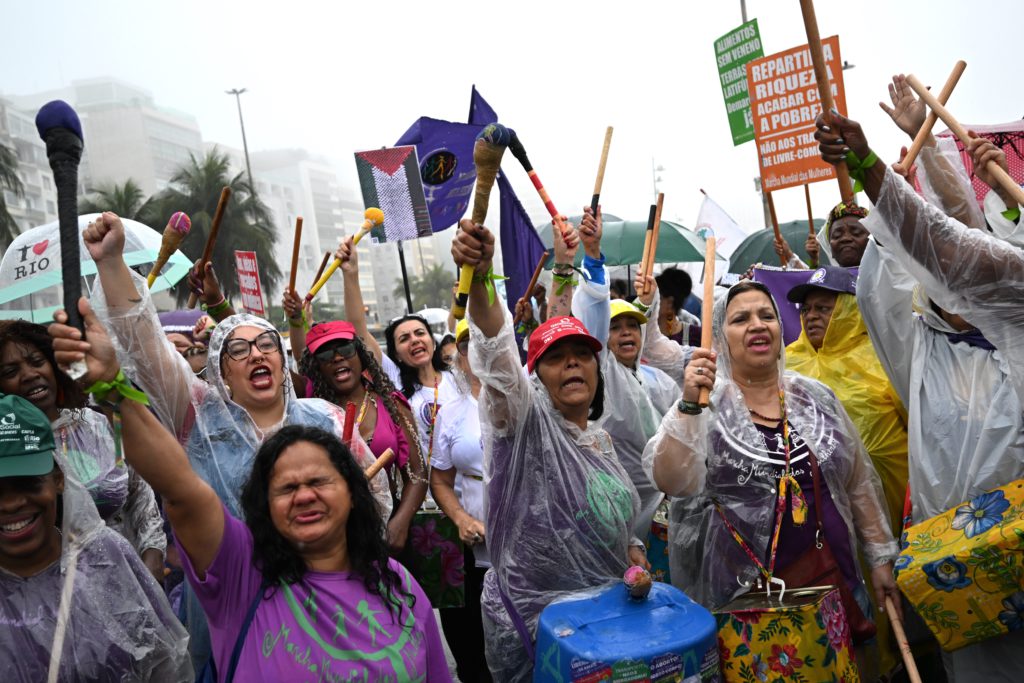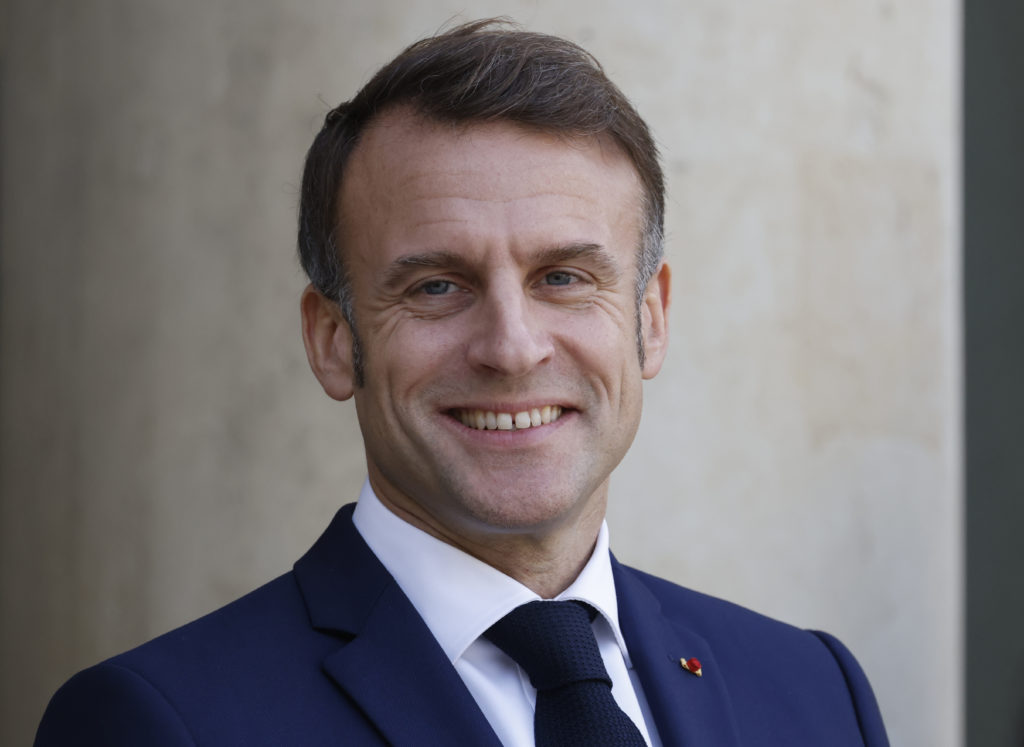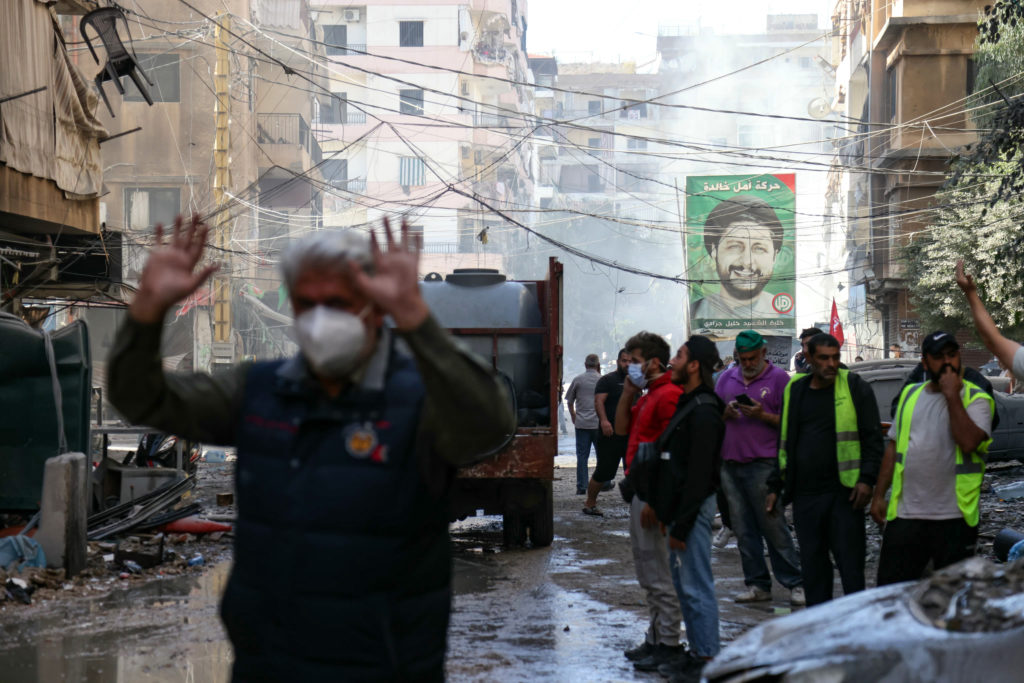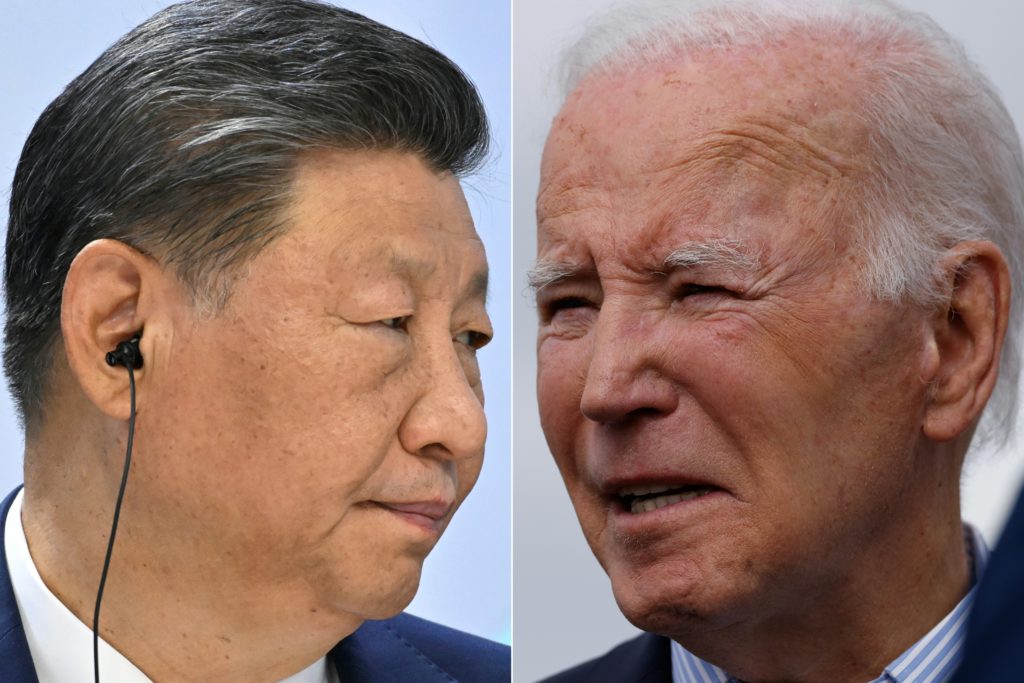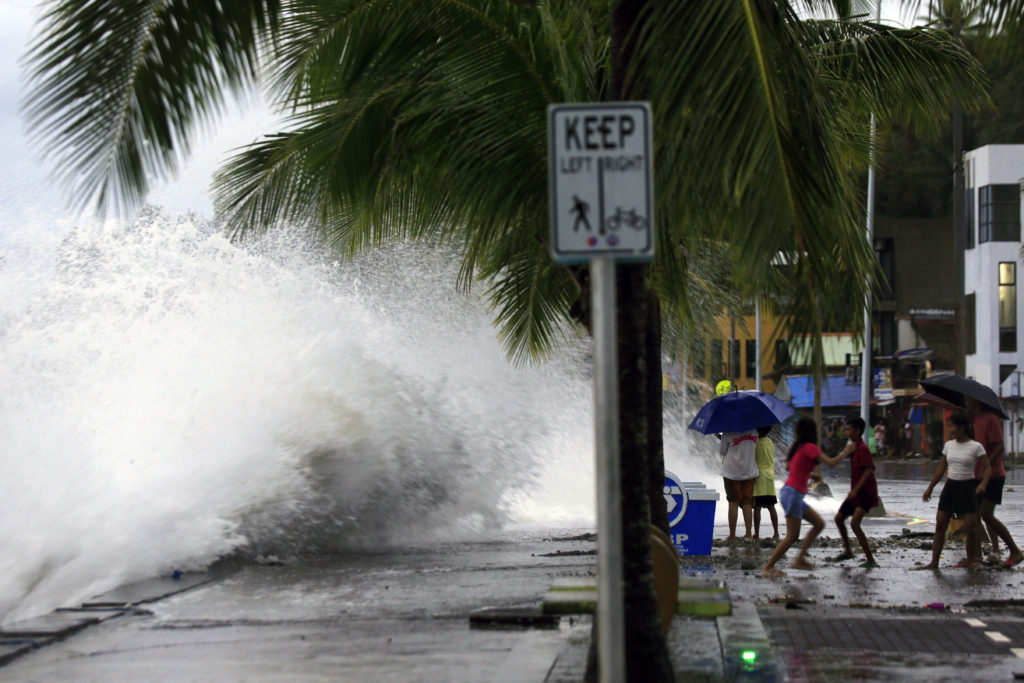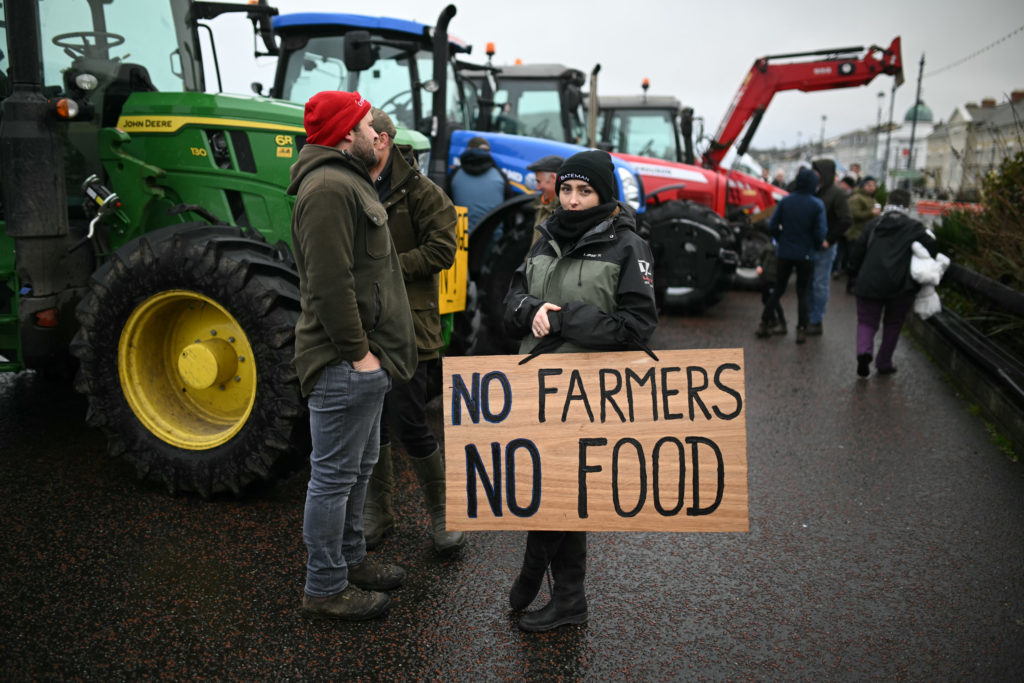Serbians headed to the polls on Sunday in elections that will likely see populist President Aleksandar Vucic extend his rule in the Balkan country, as he vows to provide stability amid war raging in Ukraine.
The country of around seven million will elect the president, deputies for the 250-seat parliament and cast votes in several municipal contests.
The latest opinion polls say Vucic’s centre-right Serbian Progressive Party should maintain its control over the parliament, while the president is in pole position for a second term.
“Personally, I see a stable progress and I voted in accordance with this opinion,” Milovan Krstic, a 52-year-old government employee, told AFP after casting his vote in Belgrade.
Russia’s invasion of Ukraine has cast a long shadow over a contest that observers had earlier predicted would focus on environmental issues, corruption and rights.
Vucic has deftly used the return of war in Europe along with the coronavirus pandemic to his advantage, promising voters continued stability amid uncertain headwinds.
“These crises have shaken much stronger economies than ours, but we are completely stable. We are successfully facing the challenges,” the president wrote recently in a widely published op-ed, vowing to raise wages and pensions if elected again.
Only a few months ago, the opposition seemed to have momentum.
In January, Vucic axed a controversial lithium mine project following mass protests that saw tens of thousands take to the streets in protest.
The move was a rare defeat for Vucic who has rotated through a range of positions including prime minister, president and deputy premier along with a stint as the defence chief during a decade in power.
The polls predict that he will win again on Sunday even as the opposition hopes a high turnout could force a run-off.
Analysts, however, say the opposition has little chance of dethroning Vucic or eating away at his coalition in the parliament, which possesses a lion’s share of the seats.
The president has also carefully managed the country’s response to the war in Ukraine by officially condemning Russia at the United Nations but stopping short of sanctioning Moscow at home, where many Serbs hold a favourable view of the Kremlin.
The opposition in turn has largely refrained from attacking Vucic’s position on the conflict, fearing any call for harsher measures against Russia would backfire at the ballot box.
Vucic also headed into elections with a plethora of other advantages.
Following a decade at the helm, he has increasingly tightened his grip over the various levers of power, including de facto control over much of the press and government services.
In the months leading up to the campaign, the president rolled out a range of financial aid offers to select groups, prompting critics to say he was trying to “buy” votes before the contest.
Polling stations opened from 0500 GMT and close at 1800 GMT, with unofficial results due later in the evening.

